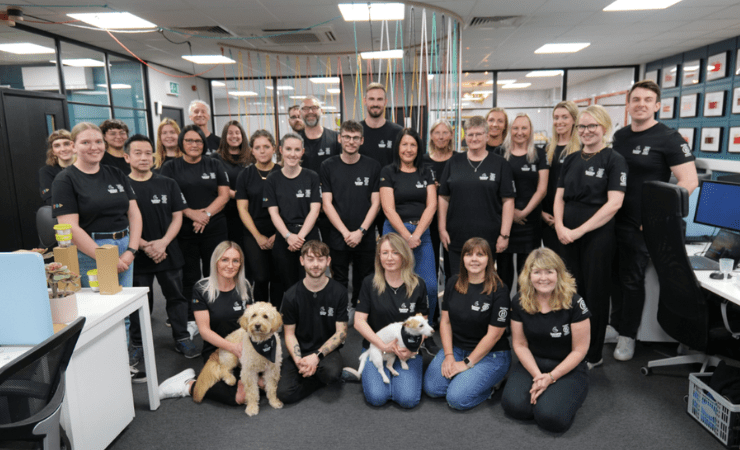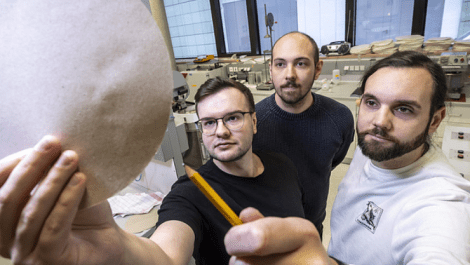Yorkshire-based Banana Moon has joined an international community of more than 5000 businesses that meet B Corp’s social and environmental performance criteria.
Established in 1993, the family-run company has grown from a lifestyle craft business to a personalised clothing supplier. The certification, which was led by Alex Grace and Tina Verity, measures a business on its overall operations in five key areas from governance to the community, environment, and more. Based on the B Impact assessment, Banana Moon Clothing earned an overall score of 85.3. The average score for ordinary businesses who complete the assessment is currently 50.9.
Banana Moon scored very highly in the ‘workers’ section, which measures how a company contributes to an employee’s physical, professional, and social well-being. As previous award winners in apprenticeship training schemes and company culture, Banana Moon invests a lot of time in a values-led leadership model and creating an engaging and inclusive workplace for its team.
Alex Grace, managing director of Banana Moon, said, ‘Around 2015, I first became aware of B Corporations and it really resonated with me as something which felt right for Banana Moon. Since then, we have been making improvements in key areas that have a positive impact fitting the whole ethos of B Corporation, knowing one day we would hopefully become one. As a family run business, the concept of working towards a greater purpose than just making money is important to us. We are passionate about treating our people and our customers with transparency and kindness.’
Banana Moon’s commitment to achieving net zero is well underway. One of the biggest changes it has made is creating a water management strategy to achieve water neutrality. This led to the company’s investment in direct to garment printing, a virtually waterless process.
Switching to this method of production reduced Banana Moon’s water consumption by 25%. The company claims if all UK businesses committed to reducing their water consumption by 25% it would save 875 megalitres of water per day (based on non-household daily water use in England and Wales. In addition to this, the business introduced a screen print reclamation process, whereby they recycle the water to reuse print screens for personalised clothing.
Ms Grace added, ‘We’ve also committed to only working with suppliers that share our ethos and adhere to sustainable business practices. Although we have made good progress, we know there is still more we and other businesses can do.’


